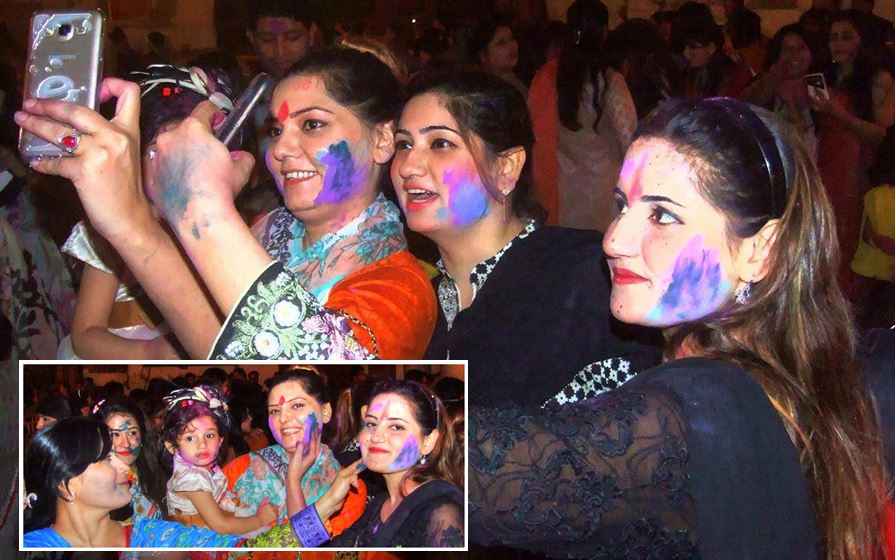The Evolution of Mother’s Day: From Ancient Festivals to Modern Celebrations
Introduction: Mother’s Day, celebrated globally on the second Sunday of May, has a rich history that spans ancient civilizations to modern societies. This article explores the evolution of Mother’s Day, from its roots in ancient festivals honoring mother goddesses to its contemporary observance as a day dedicated to maternal appreciation.
Ancient Origins:
- Festivals honoring mother goddesses were prevalent in ancient civilizations.
- Phrygians celebrated Cybele, the Great Mother of the Gods, while Greeks venerated Rhea, the mother of the Olympian gods.
- Romans adapted these traditions, incorporating them into their pantheon of deities.
Middle Ages and Mothering Sunday:
- In medieval Britain, Mothering Sunday emerged as a tradition on Laetare Sunday, the fourth Sunday of Lent.
- People returned to their home parishes to visit their mothers, evolving into a day of honoring motherhood and maternal figures.
Modern Mother’s Day:
- Anna Jarvis, an activist from Philadelphia, spearheaded the modern Mother’s Day movement in the United States.
- Jarvis organized the first Mother’s Day celebration on May 10, 1908, in honor of her late mother.
- Within five years, Mother’s Day gained popularity nationwide, leading President Woodrow Wilson to declare it a national holiday in 1914.
Commercialization and Jarvis’s Campaign:
- Despite its initial intent, Mother’s Day became increasingly commercialized over time.
- Jarvis, disillusioned by the commercial aspects of the holiday, spent her later years campaigning against its rampant commercialization.
- She advocated for a return to the holiday’s original purpose of honoring maternal figures and expressing genuine appreciation.
Contemporary Observance:
- Today, Mother’s Day is celebrated globally as a day to honor and appreciate mothers, grandmothers, and other maternal figures.
- While it retains its traditional elements of gift-giving and card-sending, its essence lies in expressing gratitude and love towards maternal figures.
- Mother’s Day serves as a reminder of the profound influence of maternal love and care in shaping individuals and society.
Conclusion: Mother’s Day has evolved from ancient festivals venerating mother goddesses to a modern-day celebration of maternal appreciation. Despite commercialization, its significance lies in honoring maternal figures and expressing heartfelt gratitude for their immeasurable contributions. As we celebrate Mother’s Day, let us reflect on its rich history and the enduring importance of maternal love.






